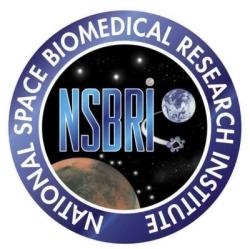Mon, Apr 01, 2013
Advertisement
More News
 Aero-News: Quote of the Day (04.28.25)
Aero-News: Quote of the Day (04.28.25)
“While legendary World War II aircraft such as the Corsair and P-51 Mustang still were widely flown at the start of the Korean War in 1950, a new age of jets rapidly came to >[...]
 ANN's Daily Aero-Term (04.28.25): Decision Altitude (DA)
ANN's Daily Aero-Term (04.28.25): Decision Altitude (DA)
Decision Altitude (DA) A specified altitude (mean sea level (MSL)) on an instrument approach procedure (ILS, GLS, vertically guided RNAV) at which the pilot must decide whether to >[...]
 ANN's Daily Aero-Linx (04.28.25)
ANN's Daily Aero-Linx (04.28.25)
Aero Linx: National Aviation Safety Foundation (NASF) The National Aviation Safety Foundation is a support group whose objective is to enhance aviation safety through educational p>[...]
 Airborne-Flight Training 04.24.25: GA Refocused, Seminole/Epic, WestJet v TFWP
Airborne-Flight Training 04.24.25: GA Refocused, Seminole/Epic, WestJet v TFWP
Also: Cal Poly Aviation Club, $$un Country, Arkansas Aviation Academy, Teamsters Local 2118 In response to two recent general aviation accidents that made national headlines, more >[...]
 Aero-News: Quote of the Day (04.29.25)
Aero-News: Quote of the Day (04.29.25)
“The FAA is tasked with ensuring our skies are safe, and they do a great job at it, but there is something about the system that is holding up the medical process. Obviously,>[...]
blog comments powered by Disqus





